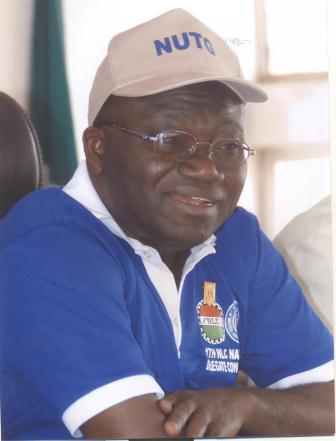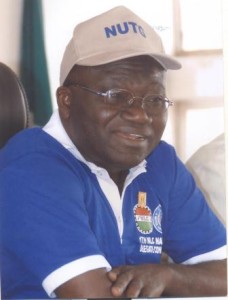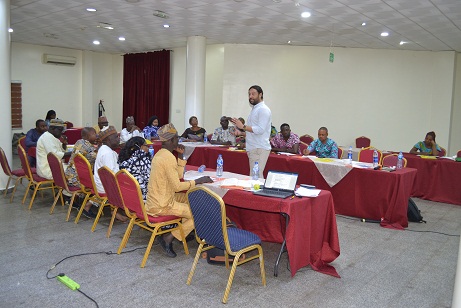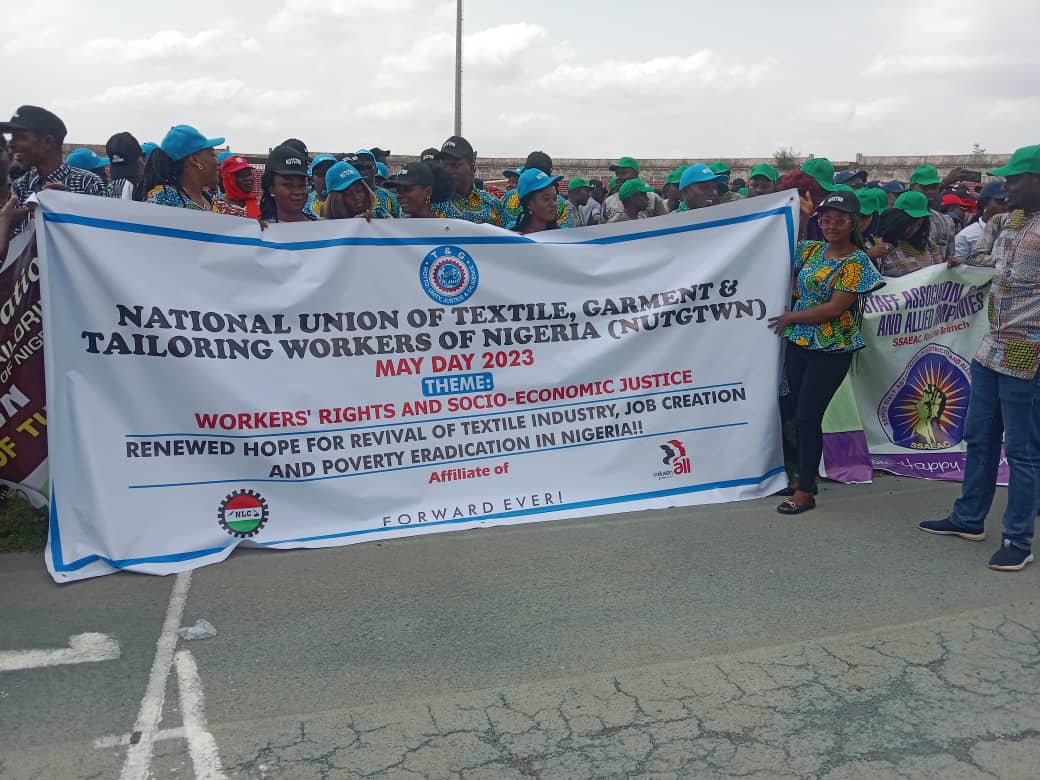
The Central Bank has just concluded Monetary Policy Committee (MPC) meeting in Abuja. The meeting held between November 21 and 22, 2018. The basic macro-economic lending and inflation numbers remain the same. Of course devil in the details of some of the retained numbers. However there is Godliness in the truism as to why Nigerian economy is persistently under-performing in recent times; income (wage) poverty. We must all hail the CBN under Governor Godwin Emefiele for consistently making the point that weak effective demand caused by total collapse of wage income of working women and men has been undermining the economy.
In the CBN communiqué issued after the MPC meeting, the Committee “believes that given the negative output gap, the proposed increase in the national minimum wage would stimulate output growth due to prolonged weak aggregate demand arising from salary arrears and contractor debt,”. The Central Bank of Nigeria has commendably said the proposed increase in the national minimum wage will stimulate output growth.
On the effects of the proposed minimum wage, the communiqué reads: “its impact on the aggregate price level would be largely muted, given that the monetary aggregates have largely underperformed in fiscal 2018. In addition, the prevailing stability in the foreign exchange market would continue to moderate pressures on the domestic price level.” CBN’s informed position on the desirability of new minimum wage has put paid to the silly arguments against new improved minimum pay by some state governors.
The point cannot be overstated that prompt payment of the existing salaries by states and local governments and urgent wage increases in both the private and sectors linked with productivity improvement are the smartest and quickest ways to stimulate the nation’s economy. Nigeria needs wage led economic recovery. CBN reports on the economy and to a large extent the reports of National Bureau of Statistics have shown that weak demand for goods is one factor responsible for low capacity utilization of many private sector companies. So to overcome the economic crisis, workers whose wages buy basic goods and services must not only be paid on time but their wages must be increased. Nigeria cannot overcome recession with the existing miserable pay of workers and pensioners.
To this extent President Muhammadu Buhari must urgently add his presidential weight and push for a speedy legislation on a new negotiated minimum wage of N30,000 for Nigerian workers by the national assembly. Nigerian workers are sadly poorer than their predecessors some forty years ago. Minimum wage was N125 ($240) in 1981. Then we had stable strong exchange rate and lower inflation. Indeed $240 of 1981 equals to N70,000 today! In real and nominal terms, workers in 1981 earned more than the current N18,000 minimum wage. The 2010 negotiated national minimum wage of N18,000 was about $120 in 2010. With Naira devaluation, it has unacceptably fallen to less than $45 in 2018, a quarter of its nominal value in 2016 and less than 1 per cent of its value in 1981 about 40 years ago worsening income poverty. For Nigerian economy to recover, there must be massive public spending in reconstruction and significantly mass spending by working people through improved wages. You also cannot fight corruption from below with poorly paid work force. Poorly paid worker is not only hungry but rightly angry and even vulnerable to corrupt practices.
The objective of minimum wage is to protect the lowest wage earners and guarantee the workers a decent standard of living. Minimum wage is a labour market instrument that offers a social floor below which no worker falls. The principle of minimum wage as an instrument against income poverty is so clear such that historically minimum wage was never linked to workers’ productivity as such. What counted was whether a worker and his/her family of a wife and four children can live on the minimum wage on offer. Some have argued that given the unemployment rate and large number of workers in informal sector, minimum wage benefits relatively few employed workers. This line of reasoning ignores the fact that minimum wage paid to a worker goes to sustain the army of unemployed any way, the ever extending family members and impacts positively on the informal economy as a bench mark. Thus minimum wage is a win-win formula against compensation crisis in general. We are legitimately pained with the stories of millions of Naira allegedly monthly paid to the legislators. Yet nobody seems worried or alarmed that the subsisting prevailing minimum wage offers a worker just a peanut minimum wage.
As we can see there is an inverse relationship between the earnings of a few privileged ruling elite and the miserable pay of the army of working people. Minimum wage raised will definitely be a worthy instrument to address the sickening wage apartheid in Nigerian economy. There is no reason whatsoever why the promulgation of the new minimum wage Act should be delayed a day longer. The challenge is implementation not renegotiation. With respect to the new minimum wage, the federal government must show the same will power that made speedy appropriation of supplementary budget for INEC possible and make provision for the new negotiated rate possible in 2019 budget for the public sector workers.
Also the government must direct the private sector employers to negotiate with their workers with a view of implementing the new minimum wage. The real governance issue today after the 2019 election is crisis of compensation engendered by the existing miserable pay of the working people. If the latter is not addressed urgently, it poses a real danger to the elections: a poorly paid worker can hardly be a happy voter. With trillion Naira annual budgets, there is certainly enough for the many only if we minimize the greed of the few ruling elite.
By Issa Aremu, mni  Nov 26, 2018
Nov 26, 2018






